Project Based Learning (PBL)
From Year 5, students put their academic learning into practice, working on theme-based units, initiated from a Project Based Learning (PBL) approach. They have the opportunity to explore topics in a variety of ways, using their individual interests and learning styles. The purpose of the program is to help students develop their full potential as independent learners who are prepared to be active and valuable members of society.
PBL is contextual, creative and collaborative. Students work together on meaningful projects that require critical thinking, creativity and communication in order to complete complex tasks. They will need to apply their understanding of multiple academic disciplines to solve genuine, real-life problems.
By making learning relevant to students, they see a purpose for mastering required skills and concepts.
Project Based Learning differs from conventional school project work, where learning is teacher-centred and teacher-directed. In PBL, teachers are the facilitators of learning, not the fount of knowledge. Students take on an authentic challenge and are guided through a series of activities and benchmarks towards a concluding event.
At King’s, Project Based Learning is an example of the innovative teaching practices we employ to engage students in their learning. It exercises and develops important '21st century skills', such as communication, collaboration and creative thinking. PBL encourages King's students to think deeply and to stretch their thinking so that they have the opportunity to reach their God-given potential.
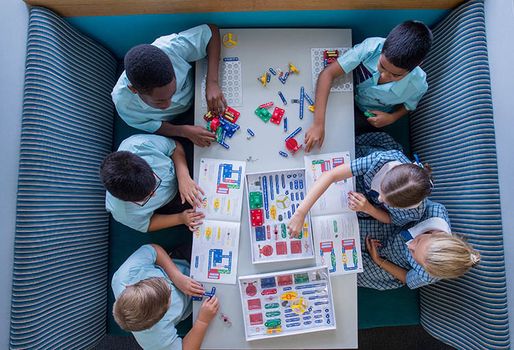
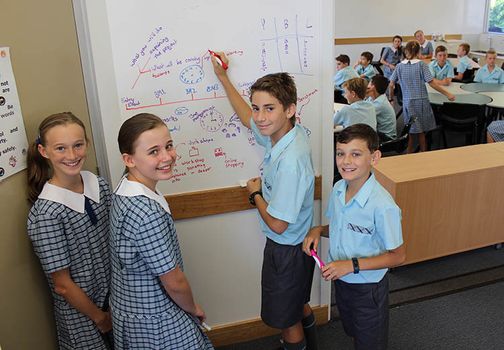
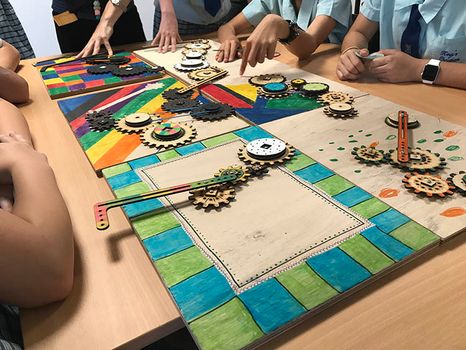
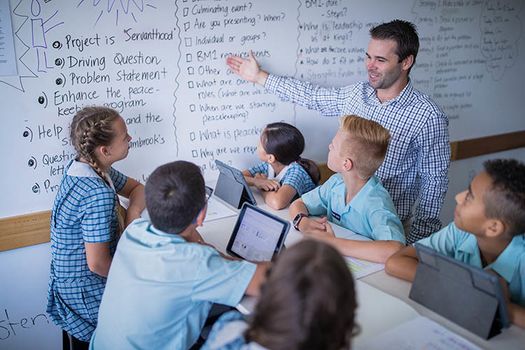
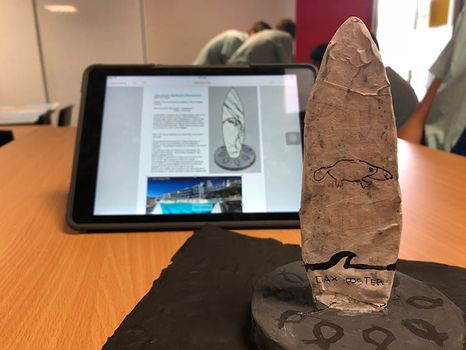
How PBL Works
Student PBL Projects

